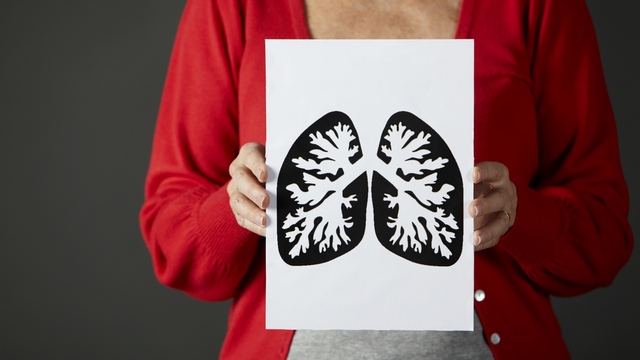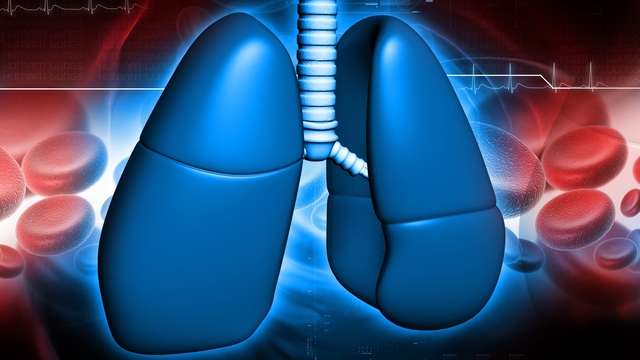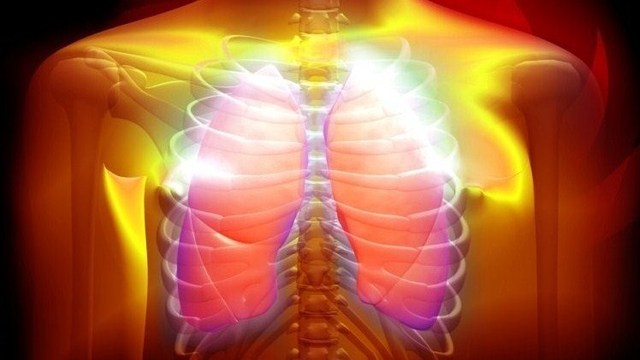Treatment
There is no treatment to cure COPD. Treatment aims to ease symptoms and improve quality of life.
Treatment includes:
Smoking Cessation
Quitting smoking slows the disease. Doctors consider it the most important part of treatment. Smoking cessation programs may include behavior modification and medications to help you quit.
Environmental Management
Limiting the number of irritants in the air you breathe. It may help make breathing easier. Avoid smoke, dust, smog, extreme heat or cold, and high altitudes.
Medication
Some may be taken by mouth. Nebulizers and inhalers deliver drugs directly to the lungs. Drugs for COPD may work in the following ways:
- Opening the airways
- Relaxing the breathing passages
- Decreasing inflammation
- Helping thin secretions and bring up mucus from the lungs
-
Treating lung infections (antibiotics)
- If you have chronic bronchitis and mild-to-moderate COPD, you may not need antibiotics. If you do need them, a study found that shorter antibiotic treatment (five days or less) is as effective as longer treatment (more than five days). *
Oxygen
It is given to improve the air you breathe in. It increases the amount of available oxygen. This can increase energy levels and heart and brain function.
Flu Prevention
COPD makes patients prone to flu and pneumonia . Doctors recommend getting vaccinated to help reduce the risk of getting a severe flu. You should also avoid being around people who are sick.
Exercise
Special exercises can strengthen chest muscles and make breathing easier. Physical activity builds endurance and improves quality of life. Follow your doctor's recommendations for activity levels and restrictions.
Breathing and Coughing Techniques
Special methods of breathing can help bring more air into and force trapped air out of the lungs. Coughing helps clear the lungs of mucus.
Nutrition
- Maintain a normal weight. Excess weight causes the lungs and heart to work harder.
- Eat a healthy diet that is low in saturated fat and rich in fruits, vegetables, and whole grain foods.
- Eat several small meals during the day. It makes breathing easier.
- Avoid gas-producing foods. Large meals and excess gas swell the stomach, which pushes up on the diaphragm.
- Drink fluids to keep mucus thin.
Lifestyle Changes
- Pace your activities.
- Learn relaxation techniques and other methods to manage stress.
- Seek emotional support from professionals, family, and friends. Anxiety can increase the rate of respiration, making breathing more strenuous.
Surgery
A small number of patients may benefit from surgery.
Please be aware that this information is provided to supplement the care provided by your physician. It is neither intended nor implied to be a substitute for professional medical advice. CALL YOUR HEALTHCARE PROVIDER IMMEDIATELY IF YOU THINK YOU MAY HAVE A MEDICAL EMERGENCY. Always seek the advice of your physician or other qualified health provider prior to starting any new treatment or with any questions you may have regarding a medical condition. Copyright © 2024 EBSCO Publishing All rights reserved.
 Raising COPD Awareness: More Women Than Men Now Affected
Raising COPD Awareness: More Women Than Men Now Affected









